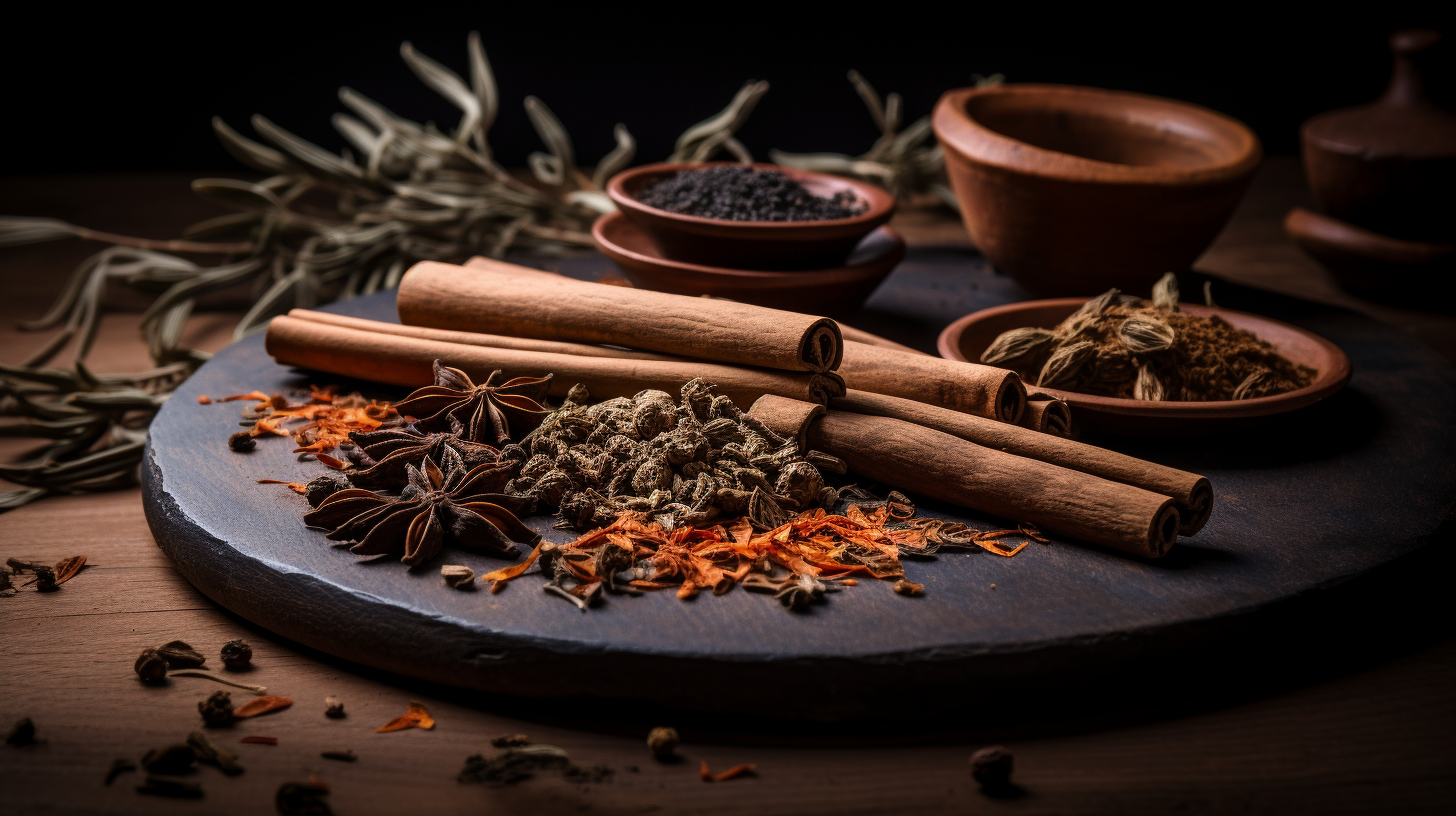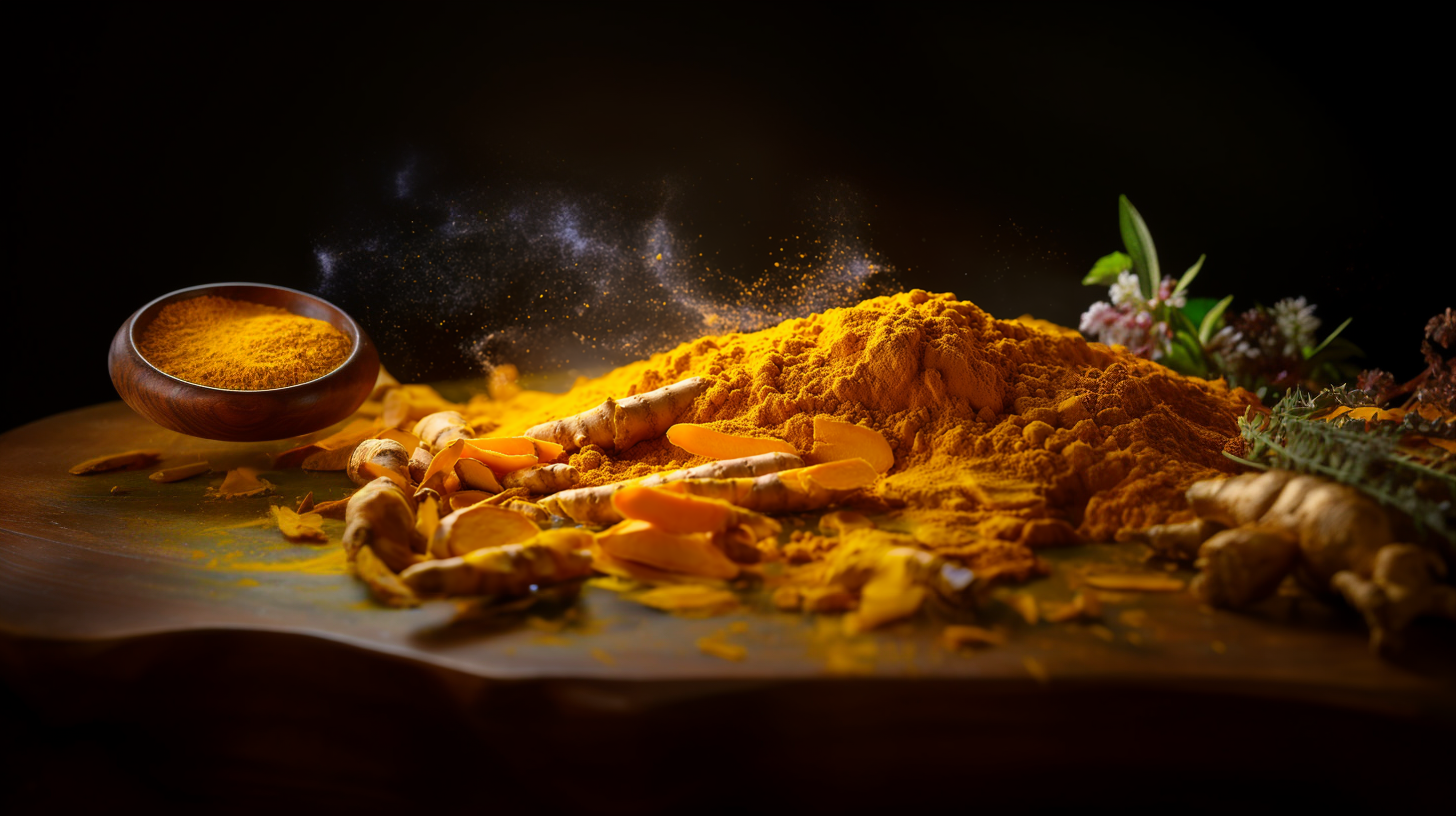Acupuncture for ovarian cysts can seem like a daunting path to tread.
In fact, when it’s time to seek alternative treatments, the number one hurdle many face is…
Understanding acupuncture for ovarian cysts.
The concept of using needles and Chinese herbs might be foreign or even scary. But this very approach separates those who continue suffering from painful symptoms from those who take control of their health journey.
Navigating through traditional Chinese medicine isn’t easy, mates!
Consider a friend who recently shared her experience with me – she was initially sceptical about acupuncture but after several sessions noticed significant relief in her pain levels associated with her ovarian cysts.
This has now left her more open-minded towards non-conventional treatment methods and less fearful about exploring different avenues to improve her wellbeing.
Table of Contents:
- Understanding Ovarian Cysts in Traditional Chinese Medicine
- Acupuncture for Ovarian Cysts: A Chinese Medicine View
- Role of Chinese Herbal Formulas
- Dietary Therapy in Treating Ovarian Cysts
- FAQs in Relation to Acupuncture for Ovarian Cysts
- Conclusion
Understanding Ovarian Cysts in Traditional Chinese Medicine
Ovarian cysts are a common issue that many women face. These fluid-filled follicles can develop on the ovaries, potentially affecting ovulation and menstrual cycles. Western medicine often suggests surgery as an option for painful or persistent ovarian cysts.
In contrast to this approach, let’s explore how traditional Chinese medicine (TCM) perceives these functional ovarian cyst occurrences from a different lens – one where the balance between Yin and Yang energies is paramount.
The Concept of Yin Pathology

A fundamental principle within TCM theory asserts that every disease or disorder stems from an imbalance between two vital forces: Yin and Yang. This understanding underpins the treatment strategies used by practitioners when dealing with health conditions such as ovarian cysts.
This refers to situations wherein excess water accumulates due to weakened Kidney energy leading towards pathological dampness/phlegm formation, which if left unchecked could result in more severe issues like developing corpus luteum type termed functional ones etc., besides causing disruptions around regular ovulating optimally aspects too.

Treatment Goals in TCM for Ovarian Cysts
When it comes down to treating individuals who tend towards developing them regularly, the main goals revolve around restoring harmony amongst Yin & Yang energies while also addressing the root causes behind their onset initially.
To achieve this involves tonifying kidneys since they play a crucial role in controlling the body’s overall water metabolism, thus preventing unnecessary fluid build-ups turning into harmful entities over time. Furthermore, transforming excessive phlegm/dampness via strengthening spleen functions aids the digestion process, thereby reducing chances of furthering any existing related pathologies thereon.
Lastly but not leastly, moving stagnant blood becomes an important aspect considering poor circulatory patterns might lead to potential complications including rupturing/bleeding etc., apart from being a cause itself sometimes especially during menstruation phases contributing significantly to the initial development stages thereof.
Acupuncture for Ovarian Cysts: A Chinese Medicine View
Discover how acupuncture for ovarian cysts can dissolve painful growths and optimize ovulation using traditional Chinese medicine techniques.
Acupuncture Treatment for Ovarian Cysts
The utilization of acupuncture in dealing with ovarian cysts is an essential component of Traditional Chinese Medicine (TCM). By stimulating specific points along meridians, it aims to nourish Kidney or Spleen Qi based on individual symptoms. This comprehensive approach helps boost Yang energy, which plays a pivotal role in dissolving painful cysts.
In essence, practitioners focus their efforts towards enhancing your overall well-being by addressing root causes rather than merely alleviating symptoms.
Nourishing Kidneys with Acupuncture
A cornerstone belief within TCM is that kidneys play a crucial role in growth and reproduction. Any imbalance can lead to health issues such as functional ovarian cyst occurrences. Therefore, nurturing kidney Qi using precision-based acupuncture techniques restores balance while promoting general wellness.
- “Kidney 3”, located between the inner anklebone and Achilles tendon, serves as one key point targeted during treatments designed specifically for those who develop cysts regularly.
- This stimulation not only aids in dissolving existing fluid-filled follicles but also discourages the formation of new ones over time.
- Beyond just treating current imbalances, this method directly affects the ovulation process, encouraging healthy menstrual cycles without producing extra mucus potentially causing more complications down the line.
Raising Spleen Qi through Acupuncture

Symptoms like fatigue, susceptibility to cold, among others, often indicate spleen qi deficiency indirectly affecting reproductive organs, thereby leading to suboptimal ovulation and the formation of corpus luteum, termed functional due to its association with the menstrual cycle.
An important spot, “Spleen 6”, approximately three finger-widths above the inner ankle bone on both legs, is commonly stimulated to raise spleen levels back into equilibrium, thus helping optimize ovulation and reducing the chances of developing these types of problematic yet common gynecological disorders.
Besides simply addressing existing problems, preventive care measures including regular check-ups, early detection, and lifestyle modifications should always form part of any effective healthcare plan, especially if you’re someone who tends to develop these types of issues frequently.
Role of Chinese Herbal Formulas
The beauty of Traditional Chinese Medicine (TCM) lies in its holistic approach, where each component plays a crucial role. Herbal formulas are an essential part of TCM, especially when it comes to treating ovarian cysts.
In TCM, we don’t just use one or two herbs; instead, our formulas typically consist of 5-20 different herbs working together like a well-oiled machine. These combinations are specifically designed to target and dissolve painful cysts while restoring harmony within your body.
Research has shown that certain warming spices such as cinnamon bark can have significant benefits for those who develop cysts regularly due to stagnation or blood stasis – conditions which directly affect ovulation.

Importance of Warming Herbs
Cinnamon bark is what we call a ‘warming’ herb in TCM—it’s known for dispelling coldness and stimulating circulation. It’s often included in traditional formulations when dealing with functional ovarian cyst occurrences tied up with menstrual cycle irregularities—especially if there are signs indicative of Yang deficiency like weight gain or susceptibility to cold.
Apart from optimising ovulation processes by breaking down fluid-filled follicles, i.e., functional cyst formation within reproductive organs, these types also help improve digestion—an essential factor when addressing health concerns linked with dampness accumulation such as ovarian disorders.
Turmeric too features prominently among other popular warming spices used frequently because its anti-inflammatory properties provide relief against pain associated with corpus luteum type cysts.
Eliminating Dampness with Specific Herbs

Beyond the warmth brought about by cinnamon bark and turmeric though, another group of ingredients play vital roles: those targeting excessive moisture elimination—a condition closely related to development patterns seen in women suffering from recurrent issues.
Studies indicate a positive correlation between consumption of barley-based foods and their diuretic effects, potentially preventing recurrence of problems similar to PCOS characterized by multiple small follicle developments every month, akin to the situations discussed here today.
Dietary modifications combined with regular acupuncture treatments over a period of at least three months usually bring substantial changes to existing disharmony-related symptoms, improving the overall wellbeing of patients seeking help at Triangle Acupuncture Clinic.
Dietary Therapy in Treating Ovarian Cysts
When it comes to addressing ovarian cysts, dietary management is an essential element of the treatment procedure. The focus lies on minimising foods that contribute to dampness and phlegm production, which can exacerbate conditions like functional ovarian cyst occurrences.
Foods To Avoid During Treatment
In TCM theory, dairy products such as cheese and ice cream have cold properties according to TCM principles. These cold-natured foods may directly affect ovulation by causing stagnation in your menstrual cycle due to their tendency to create more internal cold and dampness.
Soy-based products, while considered healthy alternatives, might not be beneficial if you develop cysts regularly. Soy has been linked with increased levels of estrogen – an imbalance which could promote the formation of corpus luteum cysts over time.
Sugar-laden food items also make this list because sugar tends to generate heat inside our bodies, leading eventually to internal humidity or ‘damp-heat’. Overconsumption could potentially influence hormonal balance, thereby disrupting the normal ovulation process and possibly resulting in the formation of functional cysts closely associated with female fertility problems.
Making Healthier Choices For Optimal Healing
To counteract the potential negative effects brought about by the aforementioned dietary elements, adopting healthier eating habits forms an integral part of the treatment plan aimed at dissolving painful cysts naturally. Consuming warm, nourishing meals rich in lean proteins, vegetables, and fruits helps strengthen spleen qi, vital for transforming and eliminating excess accumulated in the body when treating Acupuncture for ovarian cysts.
FAQs in Relation to Acupuncture for Ovarian Cysts
Can acupuncture help ovarian cysts?
Yes, acupuncture can aid in the treatment of ovarian cysts. It helps nourish Kidney or Spleen Qi and boost Yang energy, which assists in breaking down cysts.
Can acupuncture dissolve cysts?
In traditional Chinese medicine, it is believed that regular acupuncture treatments can gradually dissolve ovarian cysts by balancing Yin and Yang energies within the body.
How can I shrink my ovarian cyst naturally?
Besides acupuncture, a combination of dietary changes, herbal formulas, and lifestyle modifications suggested by TCM practitioners may assist in shrinking an ovarian cyst naturally over time.
What is the fastest way to heal an ovarian cyst?
The quickest route to healing an ovarian cyst involves combining Western medical interventions with Traditional Chinese Medicine techniques like acupuncture, herbal therapy, and diet adjustments.
Conclusion
Traditional Chinese Medicine provides a unique perspective on ovarian cysts, viewing them as Yin Pathologies.
Acupuncture is instrumental in this approach, targeting specific points to nourish Kidney or Spleen Qi and boost Yang energy.
The role of warming herbs and dietary changes can’t be understated either. They work together to eliminate dampness and phlegm that contribute to the formation of these cysts.
Acupuncture for ovarian cysts Treatment effectiveness isn’t instant but shows improvements over time with regular sessions spanning at least three months.
If you’re dealing with painful ovarian cysts, why not consider acupuncture? It’s an alternative treatment option worth exploring for its potential benefits and holistic approach towards health restoration.
At Sustain Health, we specialise in Traditional Chinese Medicine techniques including acupuncture aimed at providing relief from various ailments such as ovarian cysts. So don’t hesitate any longer! Start your journey towards better health today by booking an appointment with us!




